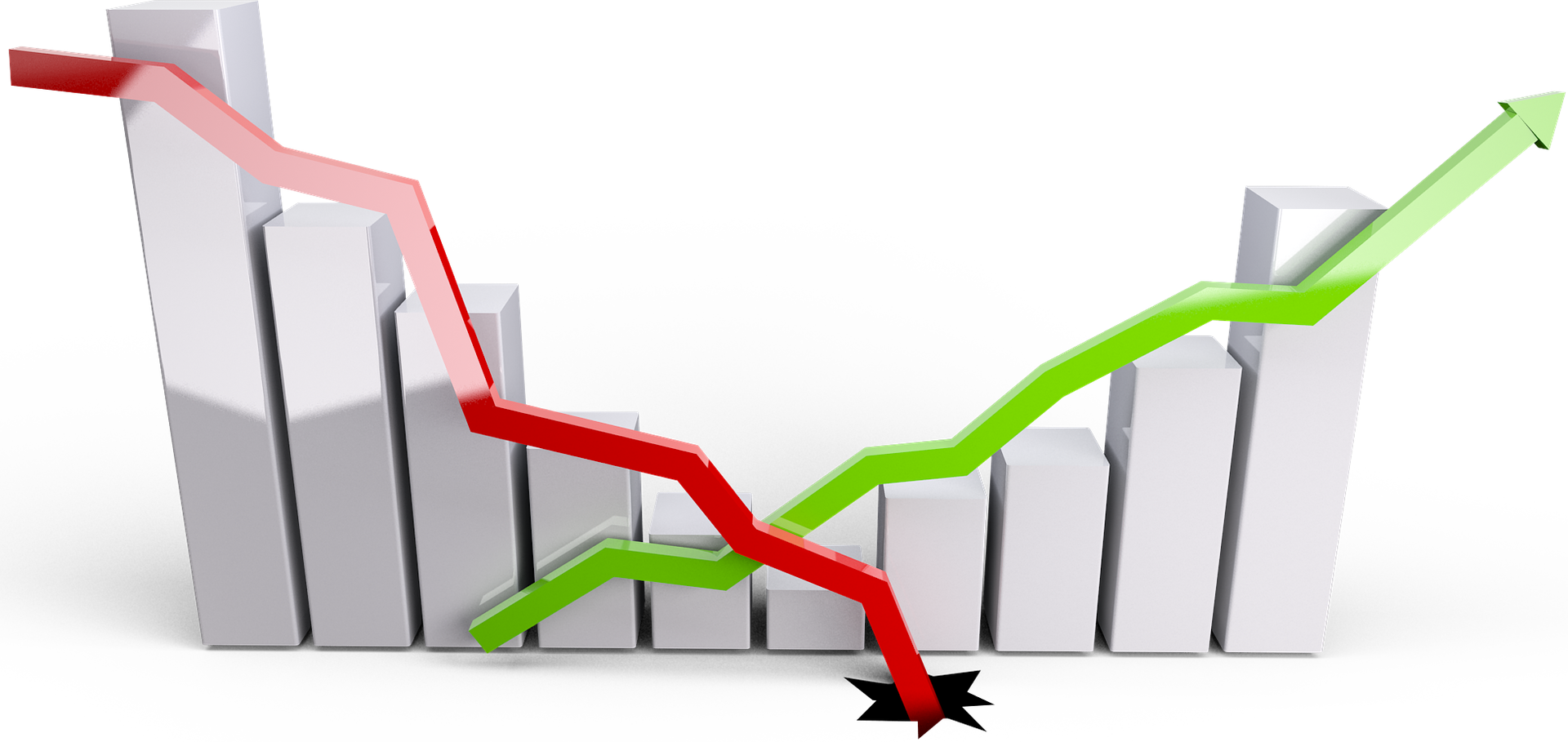Does Economic Growth Threaten Future Sustainability?
Economic growth makes the world a better place as it lifts hundreds of millions of people out of poverty. But does it threaten the sustainability of the planet?
Time for growth
Economic growth has helped increase life expectancy and reduce levels of child mortality in many countries around the world. It improves lives and provides choice through better education, health care and social supports. It drives creativity too, as new ways of doing things that lead to a better use of resources are encouraged. Everything from road building to computers to artificial intelligence is driven by the push for economic growth, as companies and countries compete to improve their position. The philosophy of growth is tied to a belief in the power of ideas to solve problems and so proponents of an expanding economy believe every challenge can be solved in a way that benefits the world.
But there are those who doubt that economic growth alone is the answer to the world’s ills and suggest it is the cause. Critics argue that unfettered growth depletes resources and causes a breakdown of the systems we depend on. The use of fossil fuels is seen as a danger to the planet and the need to increase renewable energy sources cited as evidence of the damage already inflicted. Extracting rare minerals from the earth’s core to meet demand for crazy levels of consumption is one of the most recent areas of concern. Not least because any consideration of the facts confirm that current, not to mention future, levels of growth are completely unsustainable. And so it is time to consider shifting to a low or no-growth model of the economy that allows everyone to flourish in a more balanced way.
Time for change
There is however evidence that economic growth solves some of the problems it creates, as it uses new technologies to make businesses efficient and profitable. And as the wealth of countries increases they prize greater levels of care for the environment. But the traditional economic growth model is flawed. Innovations in air travel, for instance, drive greater efficiencies but such gains are quickly reversed by a rise in the number of flights. And so the lauded short-term advantages of economic growth are often reduced by the long-term disadvantages.
The main problem with models of continuous growth is that they encourage the mindless consumption of endless products, many of which quickly find their way to landfill sites. The difficulty of course is to change people’s habits, as growth is seen as the holy grail of progress in the modern world. The idea of accepting lower levels of growth is difficult for businesses and governments to understand as they are committed to embracing growth as a visible measure of success.
So, the time has come to revisit the traditional economic growth model as it will save or destroy the planet for future generations.




